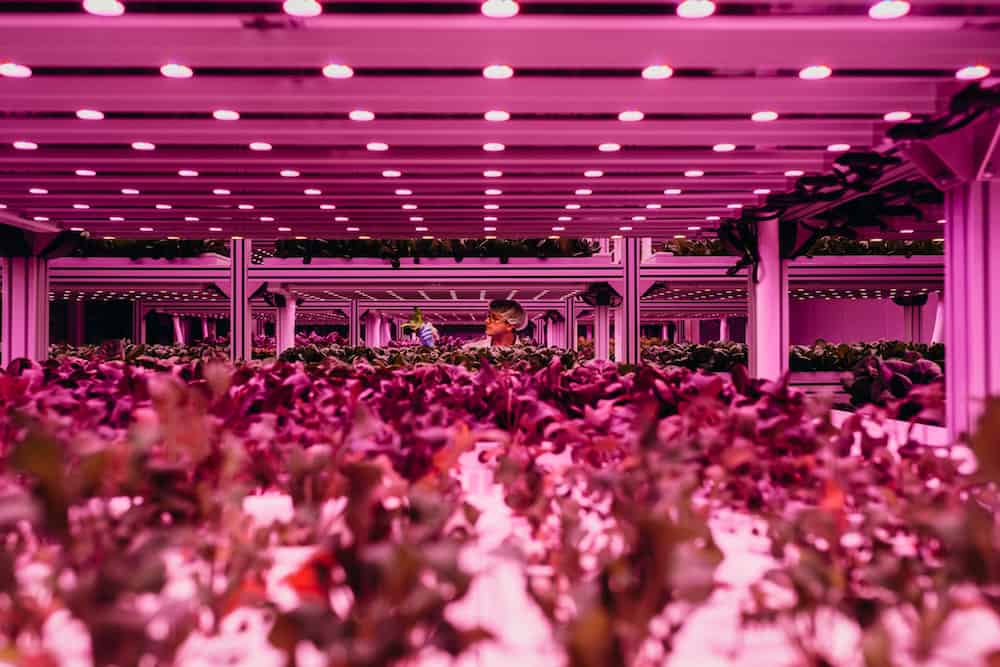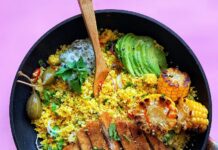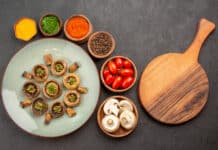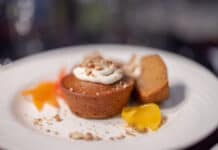
Growing food in labs and robots flipping burgers are just the beginning examples of how technology will shape the food and beverage available at future meetings.
Here are three already-deployed innovations that may lead meeting planners wondering if they’ll even recognize the F&B of tomorrow.
Hydroponic Vegetable Production
Orlando World Center Marriott, the largest Marriott globally, is changing the way produce is sourced for hotels and restaurants. The hotel launched the world’s first HyCube hydroponic vegetable production system adjacent to its main kitchen. The system uses mineral-rich nutrients in lieu of soil in order to grow produce for the hotel’s nine dining outlets and 450,000 sf of meeting and event space. That means lettuce, spinach, arugula, microgreens and edible flowers will all be created inhouse using the precisely controlled hydroponic system.
Robo Cooks
The future is here, as robots are becoming a mainstream commodity in the hospitality industry. We’ve already met Hilton’s robot concierge, Connie, but now robots are being used in the kitchen as cooks. CaliBurger, a global restaurant chain with 44 locations in 14 countries, recently launched Flippy, a kitchen assistant robot developed by Miso Robotics, at its Pasadena, Calif., location. The robot is programmed to cook, flip and place burgers on a bun—a task that is considered hot, greasy and repetitive work for a fry cook. Not only will the burgers be more consistent using Flippy, the robot will also help eliminate any sanitation issues. Similarly, Northern California’s Zume Pizza began using a doughbot, developed to create the ideal pizza crust size and shape. As the use of robo cooks gains in popularity, who knows what event space will use them next.
Faux Meat
By now, you may have heard of the Impossible Burger, a burger made to look, smell and even arguably taste like meat. But instead of meat, the burger is made of wheat, coconut oil, potatoes and an ingredient called heme, which is also prevalent in meat. The burger is now available in more than 1,000 restaurants across the nation, including Paradise Garden Grill at Disney’s California Adventure, where it’s being sold in the form of a “No Meatball” sub. Other hotels are joining the bandwagon, specifically in Hong Kong, where Hotel ICON, Grand Hyatt and InterContinental Grand Stanford are serving the Impossible product.










